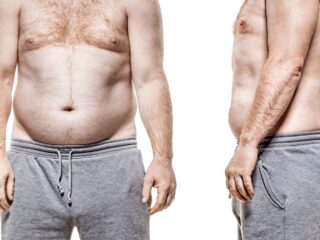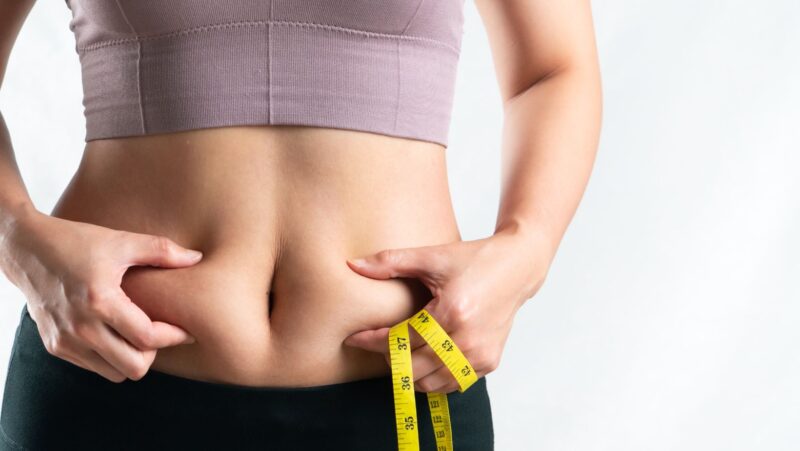
A healthy smile is a reflection of overall well-being. We all know brushing our teeth is a must, but have you ever stopped to think about why? Beyond a bright smile and fresh breath, brushing plays a crucial role in combating the hidden forces that threaten our oral health: dental plaque and bacteria. In this article, we’ll uncover the science behind brushing and how it defends our teeth against these microscopic foes, ultimately preserving the health of our smiles.
Understanding Plaque and Bacterial Buildup
Our mouths are a thriving ecosystem, home to a diverse community of bacteria. Some of them are actually good for us, helping with digestion and keeping things balanced. However, others can wreak havoc on our teeth and gums. When we eat, especially sugary or starchy foods, these bad bacteria have a feast. As they feed, they produce acids as a byproduct.
This is where plaque comes in. Plaque is a sticky, colorless film that constantly forms on our teeth. It’s made up of bacteria, their leftovers, and bits of food. If not removed regularly, plaque hardens into tartar, a calcified deposit that can only be removed by a dental professional.
The bacteria within plaque are the real troublemakers. Two common types are Streptococcus mutans and Porphyromonas gingivalis. Streptococcus mutans is a major contributor to tooth decay, as it thrives on sugars and produces large amounts of acid that erode tooth enamel. Porphyromonas gingivalis, though, is more about causing gum disease. It triggers inflammation and can harm the tissues that hold our teeth in place.
The Mechanics of Brushing Teeth
Brushing our teeth isn’t just a quick part of our morning routine—it’s actually a combo of mechanical and chemical actions that break up plaque and bacteria. Here’s a closer look at what’s going on:
The Mechanical Action
- Bristles as Tiny Scrub Brushes: The bristles of your toothbrush, combined with the right technique, physically dislodge plaque and food particles from the tooth surfaces.
- Proper Technique: Aim to brush for two minutes twice a day, using gentle circular motions. Be sure to reach all surfaces of your teeth, including the outer, inner, and chewing surfaces. Don’t forget to brush your tongue as well, as it can harbor bacteria that contribute to bad breath.
- Choosing the Right Brush: A soft-bristled brush is ideal for most people, as it’s effective at cleaning without being abrasive to your teeth and gums. If you’re unsure which type of toothbrush is right for you, our general dentist in Quincy suggests consulting with them for personalized recommendations based on your oral health needs.
The Chemical Power of Toothpaste
- Fluoride: Most toothpastes contain fluoride, a mineral that strengthens tooth enamel and makes it more resistant to acid attacks.
- Antibacterial Agents: Some toothpastes also include antibacterial agents like triclosan or zinc citrate, which can further reduce the bacterial load in your mouth.
- ADA Seal of Acceptance: When choosing a toothpaste, look for one with the American Dental Association (ADA) Seal of Acceptance, as it indicates that the product has been evaluated for safety and effectiveness.
By combining the mechanical action of brushing with the chemical power of toothpaste, you create a powerful defense against plaque and bacteria, helping to maintain a healthy smile.
The Impact of Regular Brushing
Brushing your teeth twice a day might seem like a small act, but its impact on your oral and overall health is significant. Let’s delve into the specific benefits and consequences:
Immediate Benefits
- Fresh Breath: Brushing gets rid of food bits and plaque, which stops those bad-smelling bacteria from building up.
- Clean Feeling: There’s nothing like that just-brushed freshness that makes your whole mouth feel great.
- Prevention of Surface Stains: Brushing helps remove surface stains from coffee, tea, or other pigmented foods and drinks.
Research shows that brushing regularly really cuts down the risk of tooth decay and gum disease. According to the American Dental Association, brushing with fluoride toothpaste can reduce cavities by 25% in both kids and adults.
Consequences of Neglecting Brushing
- Plaque and Tartar Buildup: Plaque hardens into tartar, a calcified deposit that can only be removed by a dental professional.
- Tooth Decay and Cavities: Plaque bacteria produce acids that erode tooth enamel, leading to cavities and potentially tooth loss.
- Gum Disease: Inflammation and infection of the gums can cause pain, bleeding, and eventually tooth loss.
- Potential Systemic Health Risks: Bacteria from gum disease can enter the bloodstream and contribute to various health issues.
By understanding the impact of regular brushing, you can make informed choices about your oral hygiene habits and prioritize your long-term health.
Additional Oral Hygiene Practices
While brushing is the cornerstone of oral hygiene, it’s not the only weapon in your arsenal against plaque and bacteria. Incorporating additional practices into your routine can further enhance your oral health:
- Flossing: By gently sliding floss between your teeth, you remove plaque and food particles that your toothbrush cannot reach, reducing the risk of gum diseases and cavities in these vulnerable areas.
- Mouthwash: While not a substitute for brushing and flossing, mouthwash can be a valuable addition to your routine. Therapeutic mouthwashes containing ingredients like chlorhexidine or essential oils can help kill bacteria, freshen your breath, and reduce plaque buildup. However, it’s important to choose a mouthwash that’s right for you, as some may contain alcohol, which can be drying to the mouth.
- Dietary Choices: Sugary and starchy foods fuel the growth of plaque bacteria and increase acid production. Limiting these foods and opting for tooth-friendly options like fruits, vegetables, and dairy products can help create a less hospitable environment for harmful bacteria.
Conclusion
Understanding the science behind brushing and its impact on oral health empowers you to make the best choices for your smile. By incorporating consistent brushing, flossing, mouthwash, and mindful eating into your daily routine, you’re not just preventing problems—you’re actively promoting a vibrant, healthy smile for years to come. So, take pride in your oral care routine, and let your confident smile shine!














